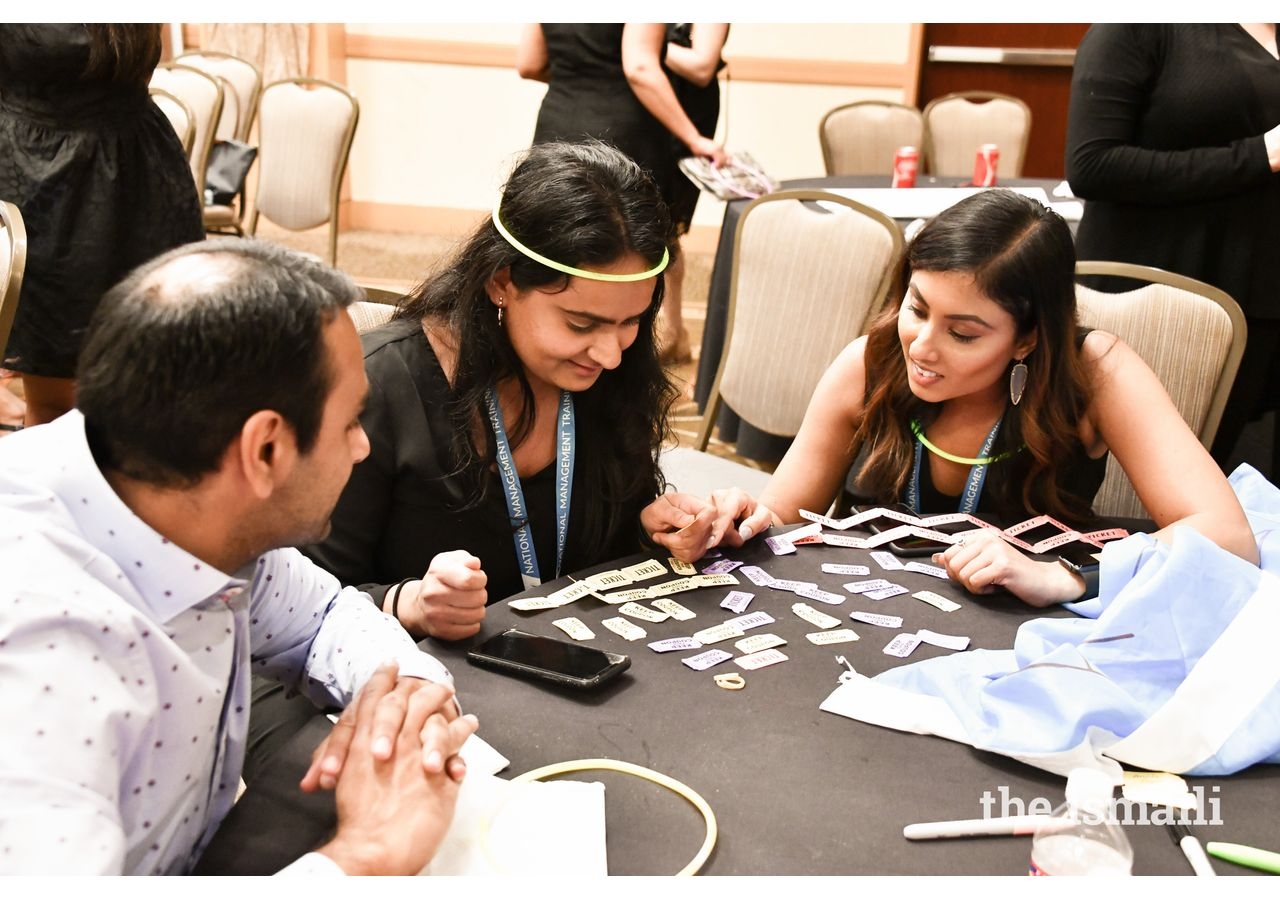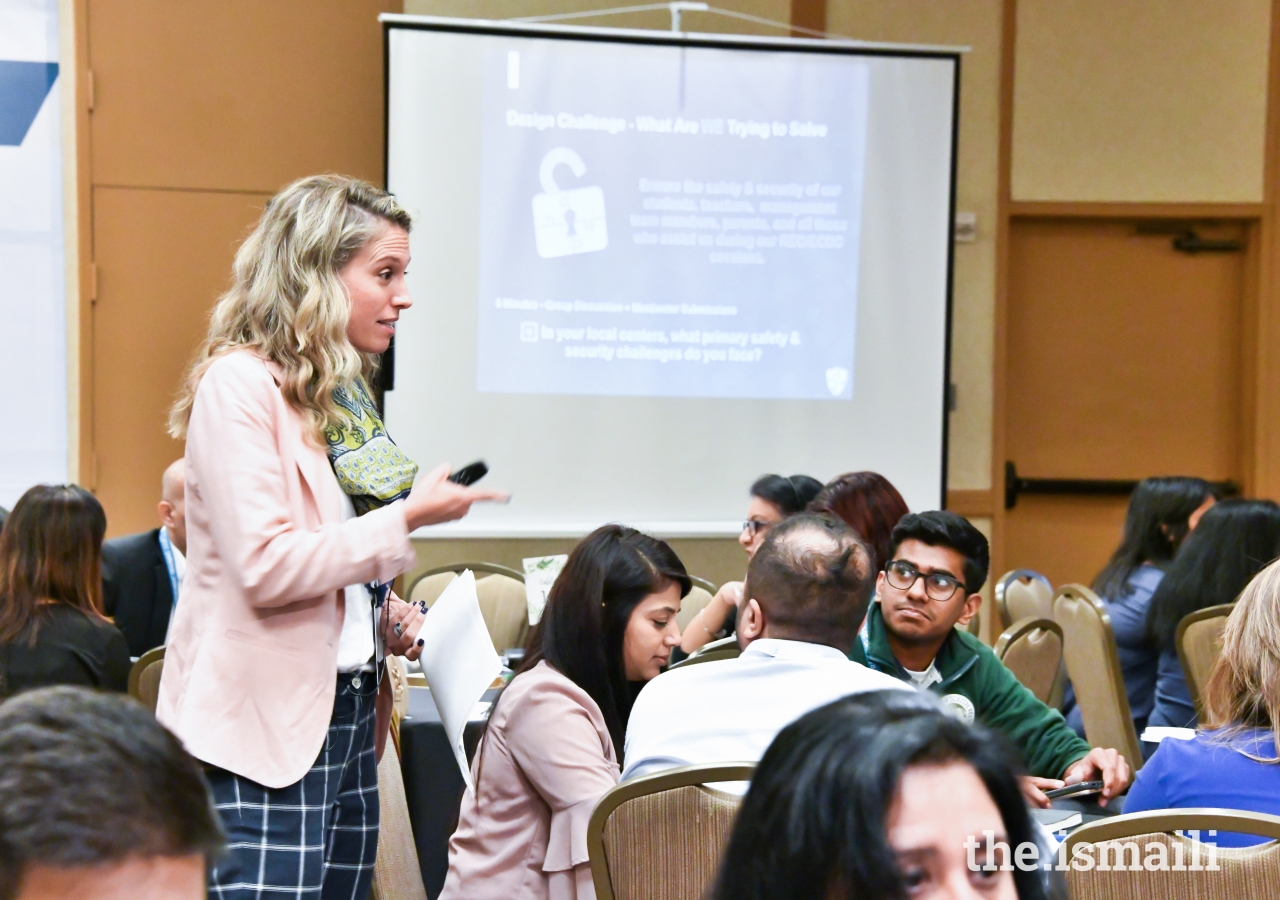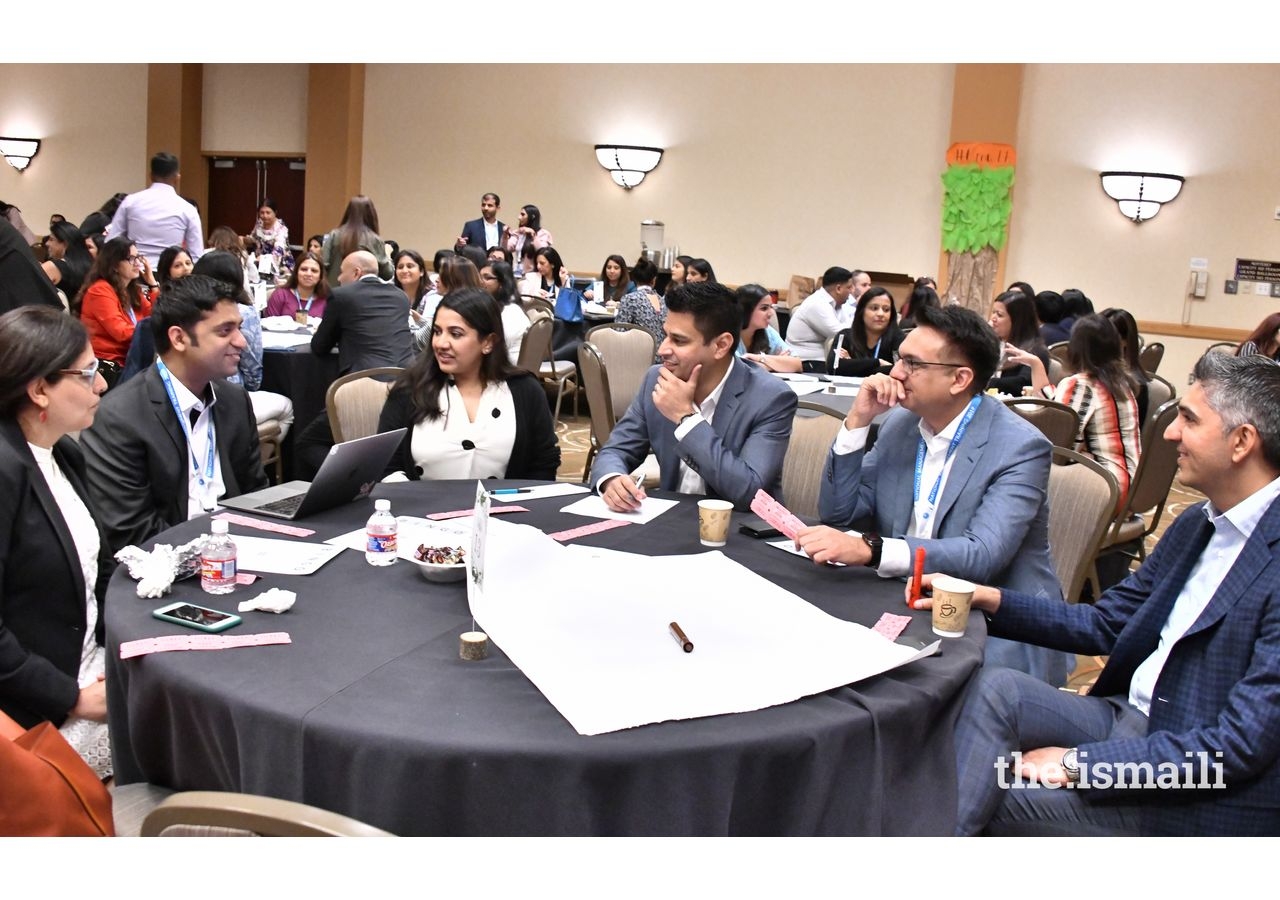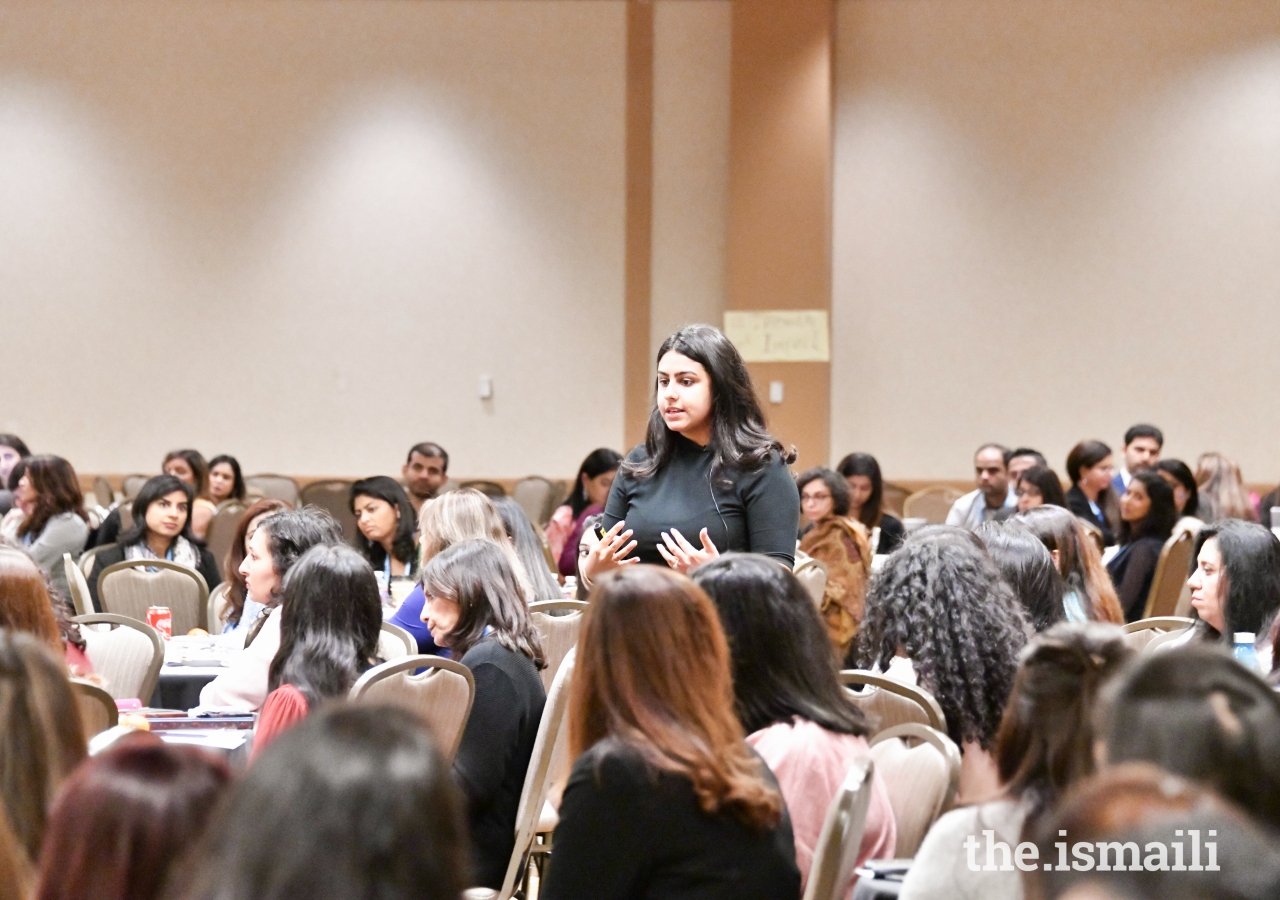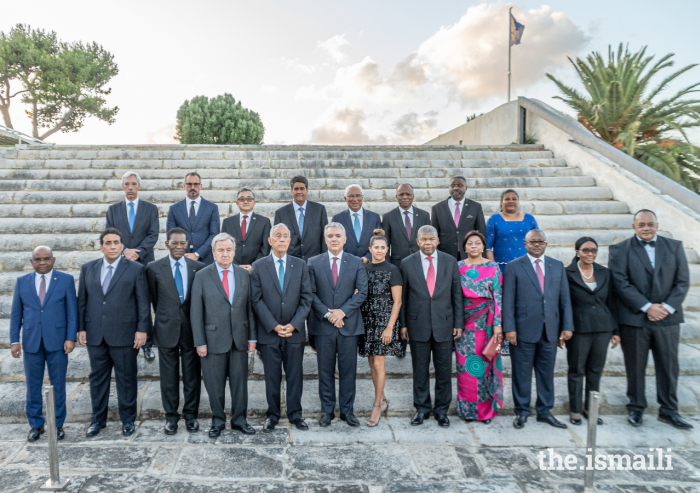Teachers play a crucial role in the intellectual and spiritual formation of our children. Last month, over 200 teachers and religious education staff gathered in Houston to undergo a weekend-long professional development training.
Describing the objectives of the National Management Training Program (NMT), ITREB Chairman Murad Abdullah said that “it seeks to provide a platform for learning, training, building new skills. We hope this training module will motivate and inspire participants to create relationships and learn across the institutions.”
ITREB Honorary Secretary Asif Makhani commented: “What we are really trying to do with religious education is to complement their secular education and complete it, so our children grow up as confident and proud American Ismaili Muslims, with a sound understanding of their faith, their roots, and their values. Ultimately, this should lead to young people with a strong sense of ownership over their community and society that they live in, and a fuller understanding of the social and ethical issues surrounding them.”
The training was packed with a wide range of useful sessions on classroom management and developing learning outcomes, to using pre-prepared lesson plans and engendering critical thinking skills. The weekend was packed with fun-filled case studies, personal reflections on best practices, and open dialogue around knowledge exchanges.
There was a particular focus on Early Childhood Development (ECD). National Program Manager for ECD, Shamsha Jivani, explained her team’s recent work in developing innovative and creative pedagogies as well as age-appropriate learning materials. She traced the history of the program to 1988, when it was first developed. At that time, Shamsha noted, the focus was on physical language, social/emotional and cognitive development. More recently, new modules on Faith and Ethics have been added with guidance from Hazar Imam. These modules emphasize central themes of Shia Islam, namely, Tawhid, Nubuwwa and Imama.
Hon Sec. Asif explained that ITREB plans to continue to invest in the professional development of teachers: “We need to continuously invest in the professional development of our teachers and management so that the quality of education our children receive is as good or better than what's out there. Our teachers and leaders need to not only understand deeply our curriculum aims but also what our students are experiencing everyday in the secular system. That sets a high bar of excellence needing a strong culture of a growth mindset.”
In closing, AKEB USA Chairman Rozina Damanwala Mussani remarked, “It’s been incredible to see the energy and excitement among all the volunteers. Their commitment to educating tomorrow’s leaders is inspiring for all of us.”
Summarizing her experience at the training, Sana Momin, Religious Education Coordinator from Houston Headquarters said, “It was a great opportunity to meet others, collaborate and help each other grow by learning best practices.” Adnan Ali, Coordinator from Central region added, “This year’s NMT provided an integrated and holistic experience by combining ITREB and AKEB. It offered a clear and strong vision to move toward an impactful future.”

